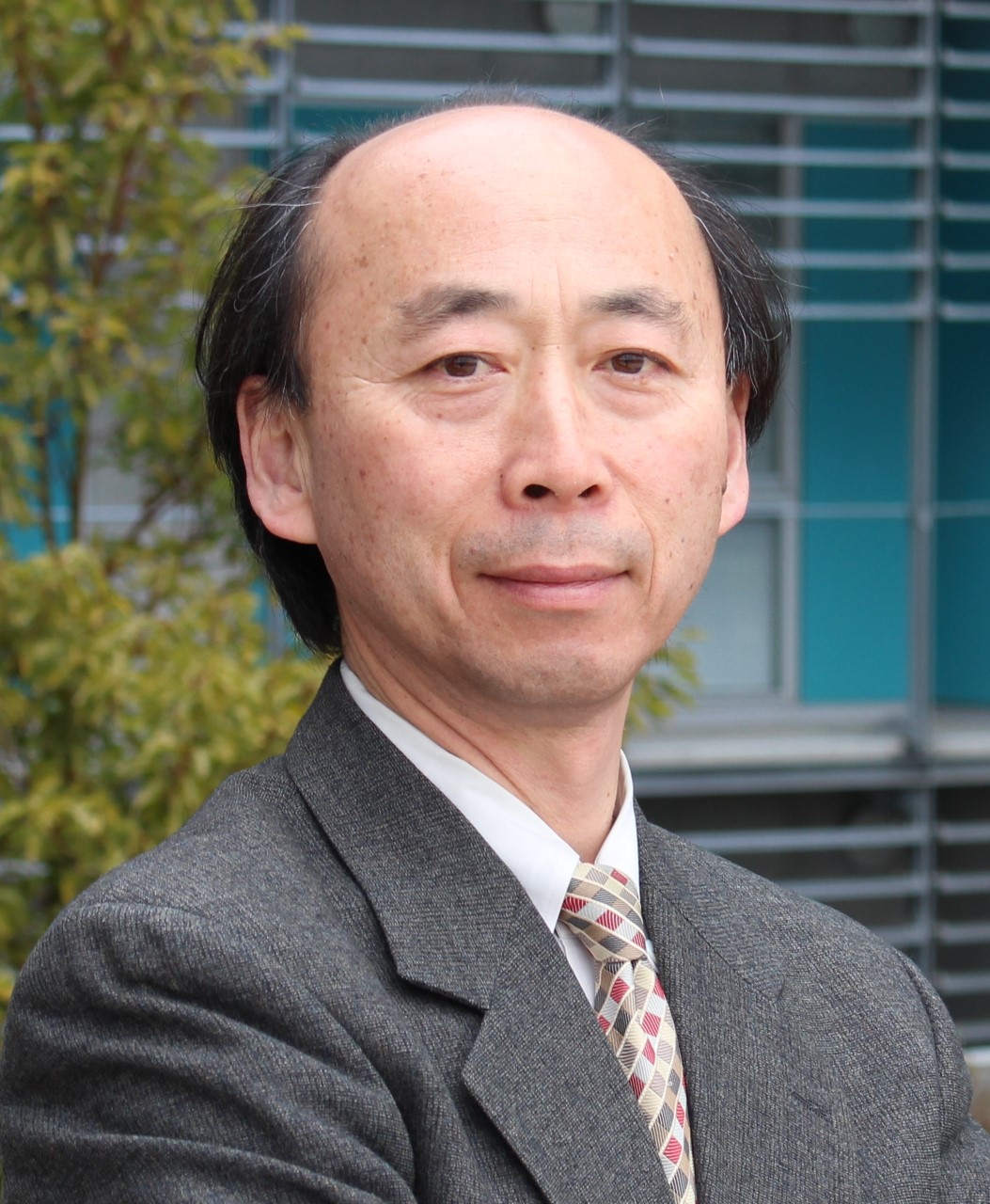I have been interested in basic research on activated sludge (AS) process, which is the most common technology for sewage treatment. In this context, major research topics include biological phosphate removal from wastewater, mathematical modeling of biological wastewater treatment processes (WWTP), molecular ecology of AS, and management of waste sludge from WWTP. In recent years, my research interests have been extended to sustainability issues in general and trans-disciplinary approaches. I am seeking for core concepts and principal approaches to develop sustainable world through cross-disciplinary collaborations and development of educational curricula for sustainability science.
| 1978 | Bachelor’s Degree from Faculty of Engineering, The University of Tokyo (UTokyo) |
| 1983 | Doctoral Degree in Engineering from Graduate School of Engineering, UTokyo |
| 1983 | Lecturer, Faculty of Engineering, UTokyo |
| 1985 | Assistant Professor, Faculty of Engineering, UTokyo |
| 1989 | Associate Professor, Faculty of Engineering, UTokyo |
| 1989-1991 | Associate Professor, Asian Institute of Technology (seconded by Japanese International Cooperation Agency), Thailand |
| 1996-1997 | Visiting Researcher, Delft University of Technology |
| 1997 | Professor, Graduate School of Engineering, UTokyo |
| 1999 | Professor, Graduate School of Frontier Sciences (GSFS), UTokyo |
| 2015-2017 | Dean, GSFS, UTokyo |
| 2020 | Project Professor, Tokyo College, UTokyo |
Other job experiences: Visiting Professor at Chalmers University (Sweden) and United Nations University, Part-time lecturer at Chuo University, Nihon University, Toyo University, Saitama University, Meisei University, etc.
【Journal Papers】
Takashi MINO, Tomonori KAWAKAMI and Tomonori MATSUO (1984), “Location of Phosphorus in Activated Sludge and Function of Intracellular Polyphosphates in Biological Phosphorus Removal Process.” Wat. Sci. Tech., Vol.17, pp93-106” (Awarded S. H. Jenkins Medal)
MINO T., M.C.M. van Loosdrecht and J. J. Heijnen (1998), “Review: Microbiology and Biochemistry of Enhanced Biological Phosphate Removal Process”, Water Research, Vol.32, No.11, 3193-3207. (Awarded Ground-Breaking Articles in Water Research 1967-2007)
Wong, Man-Tak; Mino, Takashi; Seviour, Robert J.; Onuki, Motoharu; Liu, Wen-Tso (2005) In situ identification and characterization of the microbial community structure of full-scale enhanced biological phosphorous removal plants in Japan. Water Research 39 (13): 2901-2914 AUG 2005. (Awarded Best paper Award of Japan Society of Water Environment)
Hara K. and Mino T. (2008), Environmental assessment of sewage sludge recycling options and treatment processes in Tokyo. Waste Manag., 2645-52
Steinfeld J.I., and Mino T.
(2009), Education for sustainable development: the challenge of trans-disciplinarity.Sustainability Sci., 4, 1-2.
Qi R., Yu T., Li Z., Li D., Mino T., Shoji T., Fujie K., Yang M.
(2012). Comparison of conventional and inverted A2/O processes: Phosphorus release and uptake behaviors.
J. Environ. Sci., 24, 571-578.
Kittipongvises S., Mino T.
(2013). The influence of psychological factors on global climate change perceptions held by the rural citizens of Thailand.
Ecopsychol., 5, 126-135.
Satanarachchi N and Mino T. (2014), A framework to observe and evaluate sustainability of human–natural systems in a complex dynamic context, SpringerPlus, 3:618, doi:10.1186/2193-1801-3-618.
Kittipongvises S. and Mino T. (2015) Perception and communication of flood risk: Lessons learned about Thailand’s flood crisis of 2011, App. Envi. Res. 37 (1): 57-70.
Nguyen Linh Dan and Mino T. (2016) “Student diversity augments studying sustainability in higher education.” J. of Edu. Sust. Development, Issue 10.1, 2016/01/25.
Sotelo T.J., Satoh H., Mino T. Effect of Sponge Media Structure on the Performance of the Intermittent Contact Oxidation Process for In-sewer Purification. Biochemical Engineering Journal, 149, 2019
【Books】
1) Mogens Henze, Willi Gujer, Takashi Mino, and Mark van Loosdrecht, “Activated Sludge Models No.1, No.2, No.2d, No.3”, IWA Publisher (2000).
2) Hiroshi Komiyama, Kazuhiko Takeuchi, Hideaki Shiroyama, Takashi Mino. (Eds.) Sustainability Science: A Multidisciplinary Approach. United Nations University Press (2011)
3) Mino T. and Hanaki K. (Eds.) Environmental Leadership Capacity Building in Higher Education
Experience and Lessons from Asian Program for Incubation of Environmental Leaders.
Springer Japan (2013).
4) Miguel Esteban, Tomohiro Akiyama, Chiahsin Chen, Izumi Ikeda, Takashi Mino (Eds), Sustainability Science: Field Methods and Exercises, Springer (2016).
5) Takashi Mino and Shogo Kudo (Eds), Framing in Sustainability Science – Theoretical and Practical Approaches, Springer (2019).
1) 1986: Samuel H. Jenkins Medal (August 18, 1986)
Best Paper Award of International Association on Water Pollution Research and Control (Biennially selected from papers published in Water Research or Water Science and Technology)
2) 1998: Best Paper Award of “Monthly Water” (月刊「水」)
Two distinct researchers are selected annually from water-related field in Japan.
3) 2006: Best paper Award of Japan Society of Water Environment
4) 2008: Ground-Breaking Articles in Water Research 1967-2007, International Water Association (IWA)







